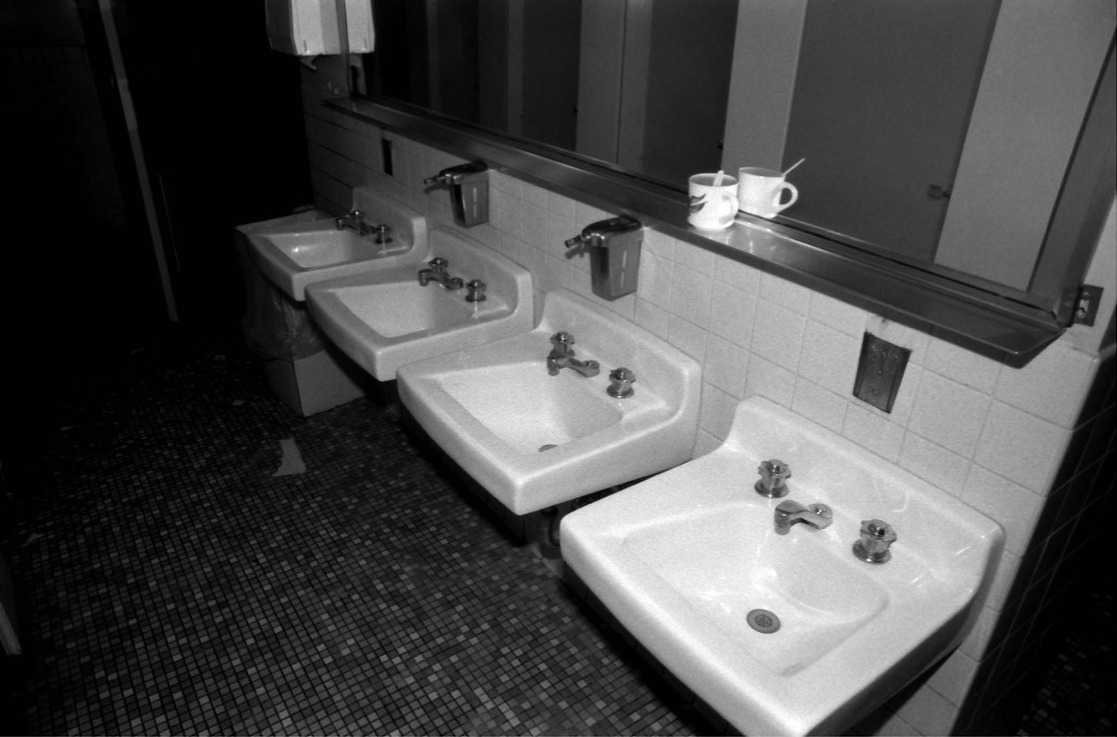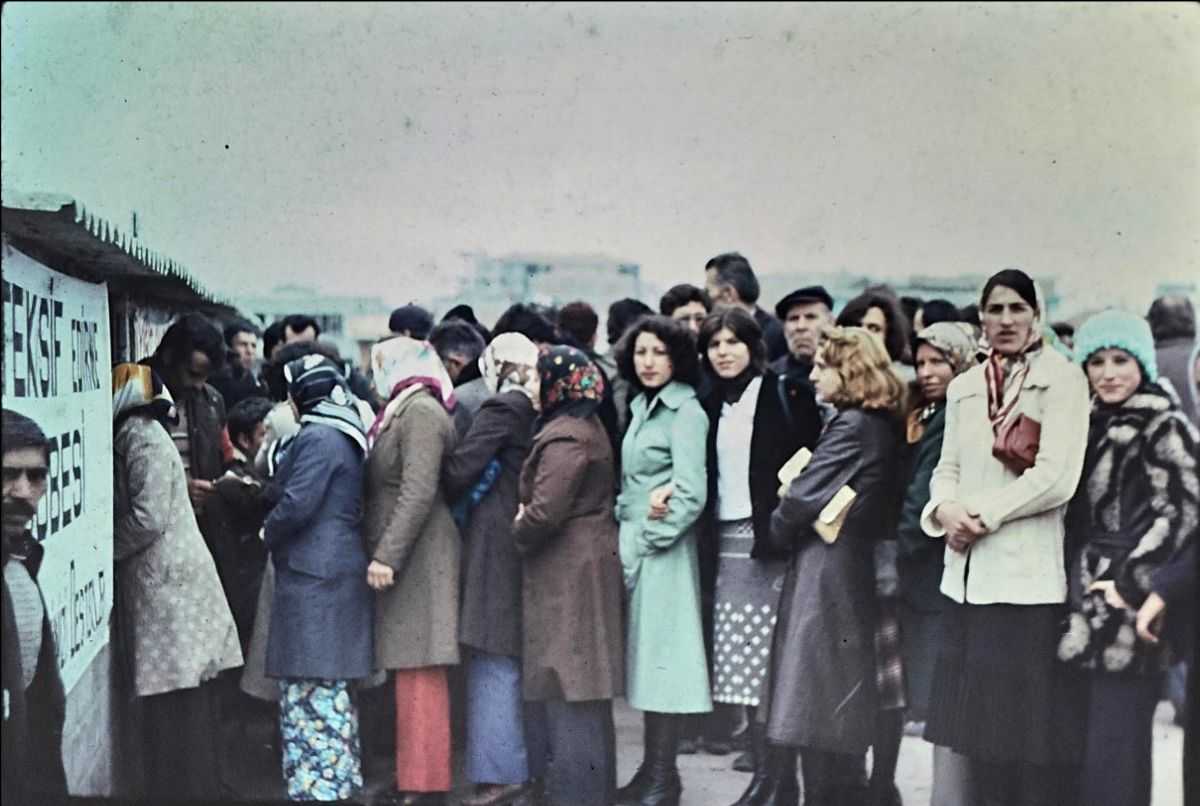|
Waste/d Pavilion unfolds through a series of "episodes," focusing on different thematics: labor, body, ecology, and language. Artists, researchers, and scientists from Greece and abroad have been invited to present different conceptualisations of the notion of Waste/d, through various ways of viewing, circulating, and developing methodologies for an anti-Waste/d front.
"For Work, about Work, by Work." These words, used by American artist Fred Lonidier - a core member of the San Diego group that adopted the methods of conceptual art for the purpose of social documentation in the 1970s - to describe the essence of his work, could serve as a leitmotif for the first episode of the Waste/d Pavilion. Although Waste/d does not focus on a strictly delimited theme, episode 1 revolves around different waste/d bodies and places and their claims. Looking at labor in the cultural sector itself, such as the violent occupation of the National Theater in Tirana, where art became a front for the controversial real estate projects of former artist and current Prime Minister Edi Rama.
What are the new wastes of the ongoing "crisis," with the current war bringing to the fore how expendable and exhaustible human lives are and reminding us once again of the urgency of the energy-related crisis. Can we attempt to write a new social contract? And what can be the role of art and culture in that?
The opening text "Europe after Eurocentrism?" by Chiara Bottici and Benoît Challand, included in the publication accompanying episode 1, invites us to rethink the European project in a global context, characterized by mass migration, the challenges of establishing new forms of citizenship, and the new forms of oppression produced by war and climate change.
Waste/d Pavilion is part of State of Concept Athens’ new research chapter ‘Coalition of the Care-full’, a project of the European Pavilion, an international programme of the European Cultural Foundation in collaboration with Camargo Foundation, Fondazione CRT, and Cultura Nova Foundation, in which six cultural organizations from Europe participate: Studio Rizoma Palermo, Arna Vombsjösänkan, Iniva London, L’Internationale, Brunnenpassage Vienna and State of Concept Athens.
Τhe European Pavilion enables cultural spaces to experiment and reflect on Europe. To question, discuss and define what Europe is and what it could become in the future. To tell stories, to imagine, to question. Is there a more appropriate venue for such an undertaking than the European Pavilion?
The Coalition of the Care-full research chapter is funded by the European Cultural Foundation.
|


